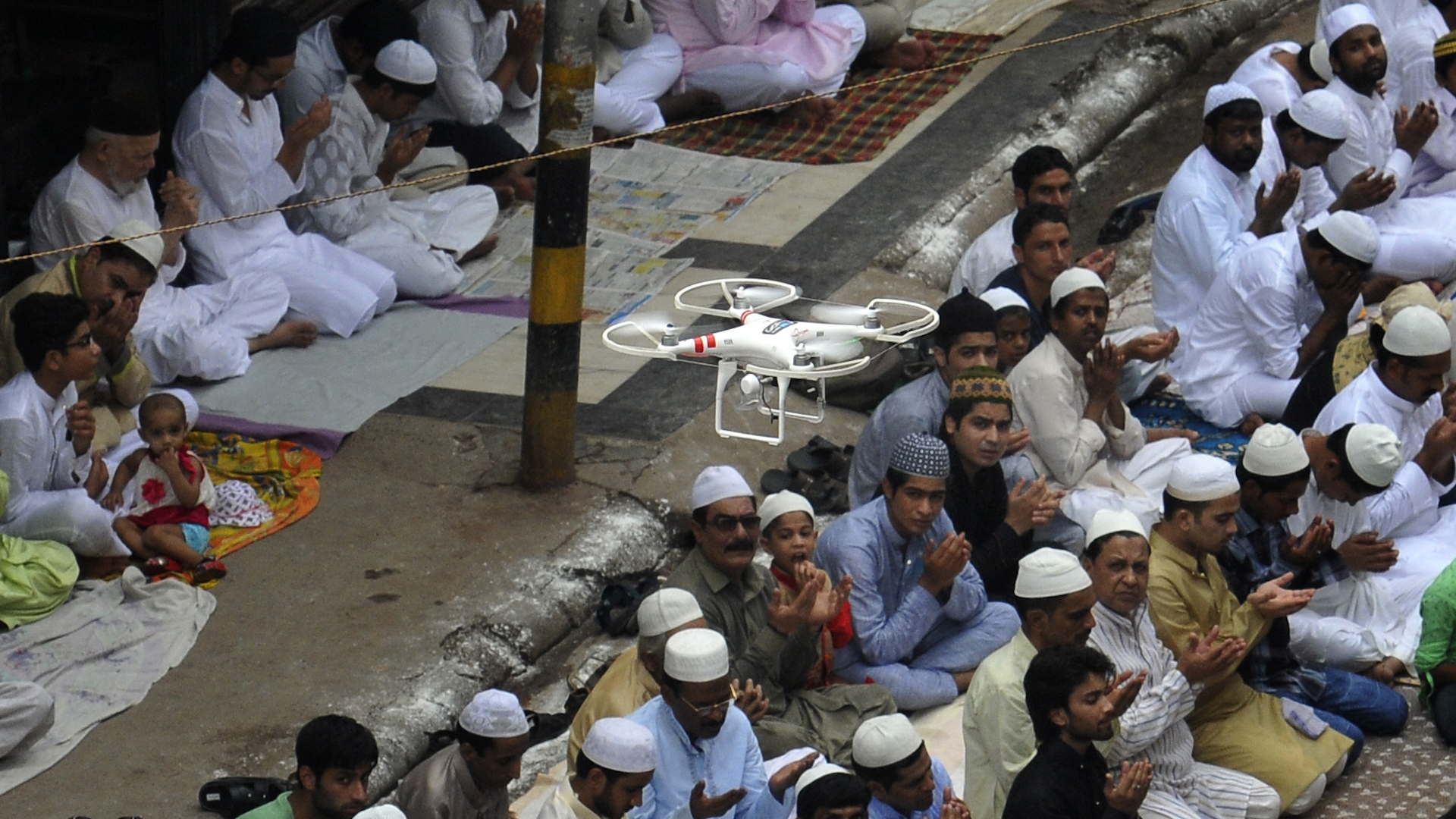

Three ambitious Indian men in their early to mid-twenties have launched an aerial delivery startup called Air Aid, with its “Bloodstream” project aimed at delivering blood, vaccines, and emergency medicines to individuals and hospitals in rural areas starting in mid-2019, according to The Times of India.
India is no stranger to drones as a tool in environmentalist efforts, for crowd control at heavy-traffic railway stations, and for determined, young startups trying to aerially bypass inconvenient infrastructure to save people’s lives. Fortunately, the government recently reversed a ban on the sale and use of hobby drones and has even taken steps to incorporate more commercial drone applications in the next few months.
For a plucky young group of drone-enthusiastic humanitarians like Air Aid’s Anshul Sharma, Arunabha Bhattacharya, and Rishab Gupta, the skies seem to be clearing up just in time to make a dent.
“We have already made 19 successful deliveries in rural areas of Karnataka, West Bengal and Nepal,” said Sharma, co-founder and CEO. “The company will start Bloodstream, the name of the project, which will also transport blood to women with post-delivery complications,” added Gupta, CFO.
For Sharma, who expressed his frustrations regarding India’s annual lack of three million units of blood the country desperately needs, something needs to be done. The lack of timely plasma, blood, or platelet availability leads to high maternal mortality rates, and will, ingenuity, and taking advantage of the technological tools at hand can possibly make a difference.
“We will use drones, data science and [a] cloud-based inventory management system to solve logistical problem[s],” he said. “We will provide blood on demand to remote and inaccessible areas, with predictive inventory patterns to leapfrog all challenges.“
The drones used in the company’s 19 successful deliveries weigh around 20 pounds (9 kilograms) and can carry payloads of 3.3 pounds (1.5 kg), with a single battery charge allowing for 65-mile (105 kilometers) round-trips. While co-founder and CTO Bhattacharya said this is doable regardless of wind or rain conditions, there are surely certain limits that would prevent the drone from maintaining flight. All in all, however, these figures add up to a fairly substantial operation, which is all the more impressive for starting out as a noble, three-man job.
“The Magnum [drone] meets all safety standards laid down by the Directorate General of Civil Aviation,” said Bhattacharya. “There are no chances of any interference with normal air traffic, as we will begin flying much lower, and in areas where there is no air traffic.”
There are drone delivery projects centered on medical supplies all over the world, from Norway and the United States to Malawi. It’s heartening to see humanitarian missions like this crop up in unexpected territories.